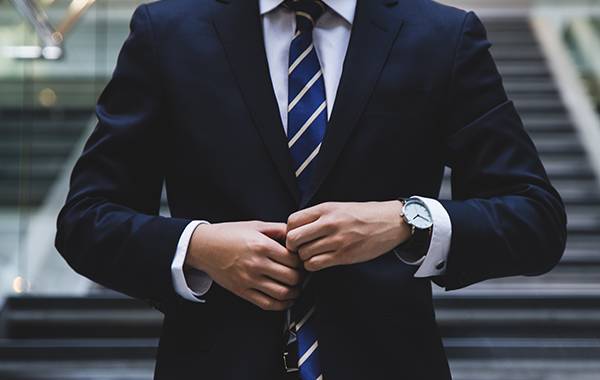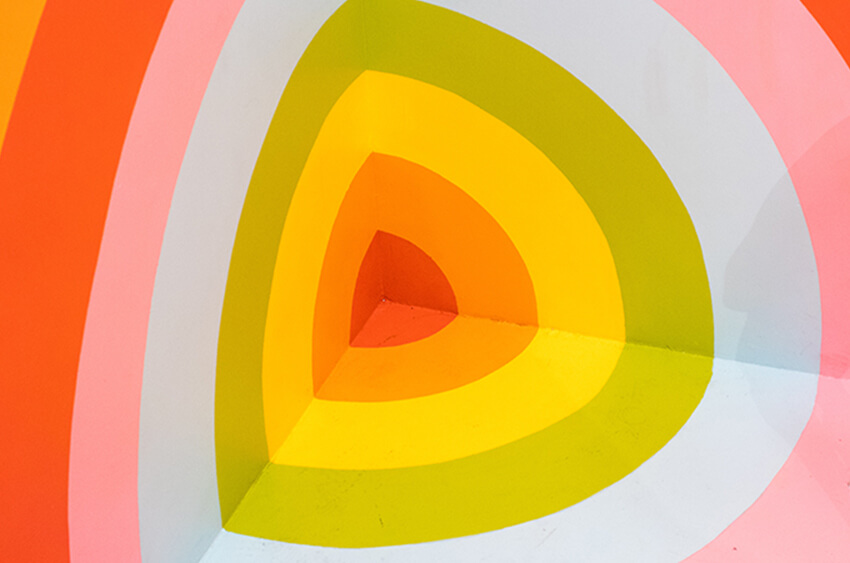In the final moments of 2020, a Shanghai court handed a long-awaited win to Michael Jordan against a Chinese brand that has traded off the translation of his name since the 1990s. As some of the trademarks in question were over five years’ old, it was impossible to have them invalidated completely, so the lawyers working on the case had to get creative. In this guest piece, GEN Law Firm partner Steve Zhao and associate Pei Lyu reveal the intricacies of the arguments that made them successful.
Guest analysis
On 30 December 2020 the Shanghai No.2 Intermediate People's Court handed down the first-instance judgment in an infringement civil lawsuit based on the right of personal name brought by Michael Jordan against Qiaodan Sports Co Ltd. The judgment marks a long overdue victory for Jordan and essentially prohibits the use of trademarks that have been registered since the 1990s. From a broader context than Jordan’s personal gain, the case demonstrates a meaningful exploration of trademark use and expands the landscape for tackling longstanding bad-faith marks.
Background
At the core of the dispute was the use of the Chinese trademarks and trade name “乔丹” (Qiaodan) – a common Chinese transliteration adopted for ‘Jordan’ in the 1990s, when NBA games were broadcast alongside Jordan’s own viral fame in China.
The first Chinese ‘Qiaodan’ trademark was filed by an afiliate of Qiaodan Sports in 1997. Since June 2000, Qiaodan Sports has been using the current trade name Qiaodan. Over the years, Qiaodan Sports has capitalised on the first-to-file doctrine and registered a series of trademarks in various classes incorporating Qiaodan and even the NBA star’s two sons’ names, Marcus Jordan and Jeffrey Jordan, as well as his jersey number,23. In 2011 Qiaodan Sports submitted its prospectus for initial public offering at the Shanghai Stock Exchange.
In 2012 Jordan filed a civil lawsuit claiming that the use of all Qiaodan trademarks, including the trade name, infringed his right of personal name.Around the same time, Jordan began to pursue trademark invalidation actions against 78 trademarks owned by Qiaodan Sports.
The long-awaited first-instance judgment found the following:
Jordan enjoyed the right of personal name over his surname Qiaodan because there was a correlation between him and this surname.
The right of personal name trumps any trademark right, which is essentially a kind of property right. Guided by this principle, use of the Qiaodan trademarks and trade name was infringing, because such marks were identical to Jordan’s surname. Use of these marks caused damage to Jordan by inducing public confusion on the relationship between him and Qiaodan Sports, and that Qiaodan Sports was at fault in using the marks and causing such damages.
Despite the above findings, the court could not ignore the Trademark Law, which puts a five-year limitation on filing a trademark invalidation application. Therefore, Qiaodan Sports should immediately cease its use of the trade name and trademarks that have been registered for less than five years. However, the Qiaodan trademarks that have been registered for more than five years cannot be invalidated unless there is proof of a prior well-known trademark and bad faith. Ordering Qiaodan Sports to stop using such marks would go against the legislative intent of the Trademark Law to safeguard the stability of longstanding registrations.
The court eventually ruled that Qiaodan Sports must immediately stop using the Qiaodan trade name and trademarks that have been registered for less than five years. For those trademarks that have been registered for more than five years, Qiaodan Sports must add distinguishing signs approved by the court to disassociate Qiaodan with Jordan. Additionally, the court awarded Jordan Rmb300,000 (approximately $46,000) for emotional damages caused by the persistent confusion and negative impact of Qiaodan Sports’ trademark use.
Why it matters
The first-instance judgment quickly made headlines once published. Besides being a juicy story about a huge NBA star fighting a pre-initial public offering domestic enterprise, the case has wider value. It exercises the fundamental guiding principles when dealing with conflicts of IP rights – that is, the principle of protecting prior rights, the principle of good faith and the principle of protecting rights with higher hierarchy.
The judgment and its balancing reasoning may be a good demonstration of the judicial wisdom of Chinese judges. For forthcoming rights holders that are troubled by long-existing bad-faith marks, we hope that it presents a boost of confidence, as well as insights for strategic planning in a broader landscape.
Takeaways for dealing with longstanding bad-faith trademarks and trade names
For trade names, the challenge will be collecting evidence to substantiate infringement claims, because there is no hard five-year restriction to challenge a later registered or used trade name.
The plaintiff should prove:
ownership of a prior trademark or trade name, as well as public awareness prior to the defendant’s trade name – this usually requires extensive evidence to reflect consistent prior use, substantial promotion efforts and high sales revenues and taxes (eg, we recently cancelled a trade name registered in 2003 by adducing evidence of prior use and fame generated between 1999 and 2002);
bad faith on the part of the defendant – this could be proven with evidence of freeriding conduct or a lack of legitimate reason to use the trade name, among other things; and
likelihood of confusion – market surveys and expert opinions are common options to substantiate this legal argument.
The owner of a later trade name will often defend itself by claiming that its trade name has also built up its own branding and position in the market and could be sufficiently distinguished from the prior mark. Despite its popularity, judges have grown skeptical of this defence in recent years. The most important reason being that even if the later trade name has developed some level of fame, it is highly likely that this fame has been built upon freeriding activities and should not be protected.
It takes more creative thinking when it comes to longstanding trademarks, especially those that have been registered for more than five years. The traditional option is filing an invalidation claim based on a prior well-known trademark and proof of bad faith. However, under this approach, an infringer that owns longstanding trademarks can continue its infringing acts during the invalidation process.
Another possibility is to go directly to civil actions and claim well-known trademark rights to prohibit the use of a later registered trademark. This cause of action comes from the Supreme People’s Court Judicial Interpretation on Various Issues of Application of Laws in Adjudication of Civil Dispute Cases Involving Well-Known Trademark Protection(Judicial Interpretation) released in 2009. However, it is still disputed whether this civil cause of action is available if the later trademark has been registered for more than five years.
As the Michael Jordan v Qiaodan Sports case demonstrates, there may be non-traditional solutions to explore in the existing legal framework. For one, Article 6.4 of the Anti-unfair Competition Law generally prohibits any conduct that may induce confusion in the market. Under this catch-all provision, a prior rights holder may claim that the use of a later registered trademark, no matter how long it has been registered, would continuously induce confusion in the market and should be stopped altogether or should require adding distinguishing logos. For those rights holders that do not own prior well-known trademarks, forcing the other party to add distinguishing logos might be a good alternative.
There are no easy answers to tackling longstanding bad-faith trademarks, and creative approaches are often risky. Nevertheless, initiating a lawsuit and fighting to the end can be meaningful. Take Qiaodan Sports as an example; after an eight-year marathon of legal battles, everyone now knows that the company is not endorsed by Michael Jordan, and its initial public offering procedure has been suspended indefinitely. It may still own a few longstanding trademarks, but it has lost a significant amount of branding and market. On 12 January 2021 Qiaodan Sports changed its name to Zhong Qiao Sports – a good signal that it is trying to reinvent itself.












